ILDS Migrant Health Symposium 2023
26 Oct 2023
A Comprehensive Overview of Current Efforts and Future Directions
The Symposium underscored the essential understanding that Migrant Health is General Health, emphasising that while displaced people face the same health conditions as others, their access to health services, particularly for skin health, is often severely limited.
Valletta, Malta – Amidst the ongoing global migrant crisis, the International League of Dermatological Societies (ILDS), in partnership with Bridges2Health&Rights, hosted its Migrants Health Symposium on 26 October 2023 as an integral part of the IUSTI Europe Congress. Chaired by Dr. Valeska Padovese (IFD Migrant and Sexual Health Advisor) and Dr Claire Fuller (IFD Chair), this symposium harnessed the collective expertise of various specialists, building on past IFD initiatives to advance sustainable healthcare for migrants, refugees, and internally displaced persons (IDPs).
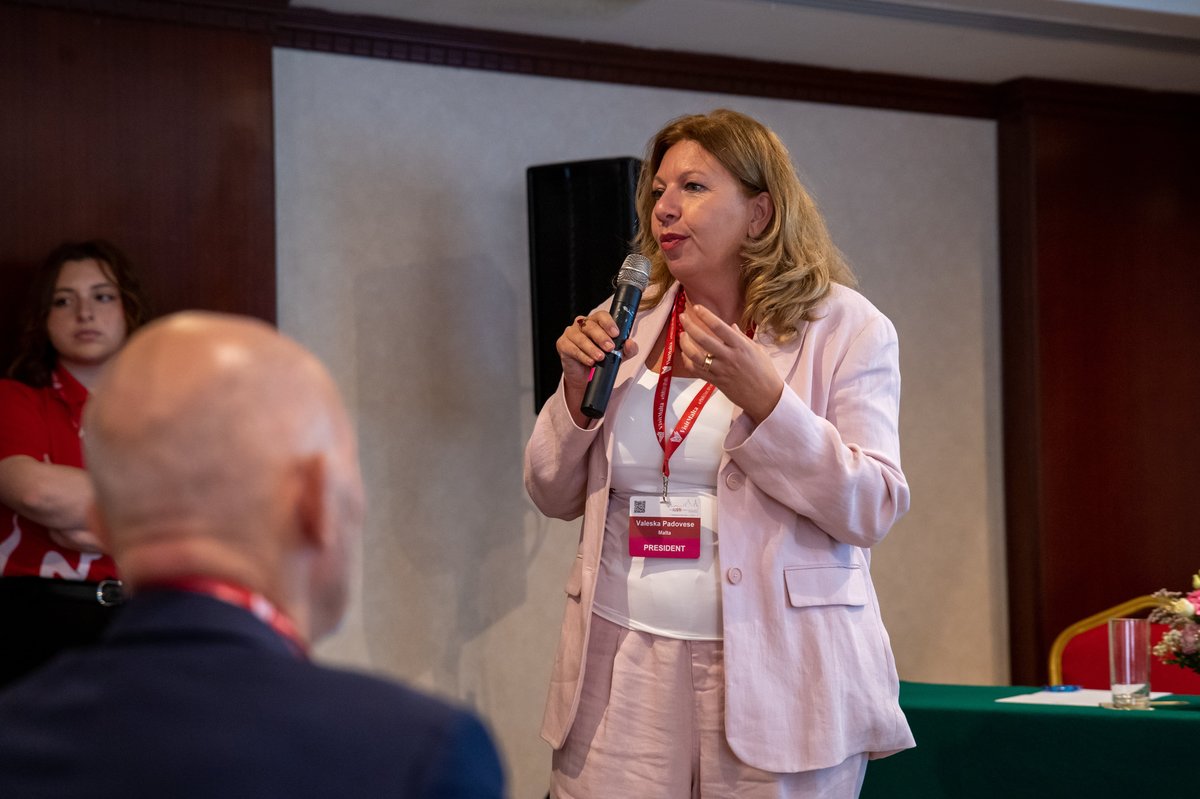
It served as a crucial platform for deliberation on the acute healthcare challenges confronting these vulnerable populations. 105 representatives from diverse fields attended the Symposium, including government officials, researchers, World Health Organization officers, medical professionals, and specialists in gender-based violence and migration.
Program Highlights: Expert Insights and Emerging Challenges
The symposium featured a robust lineup of experts who addressed a range of topics:
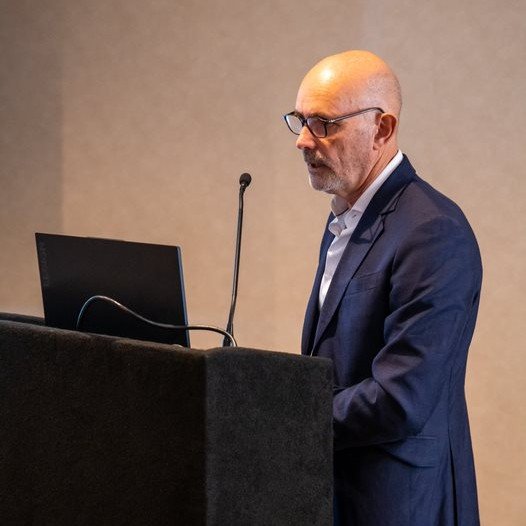
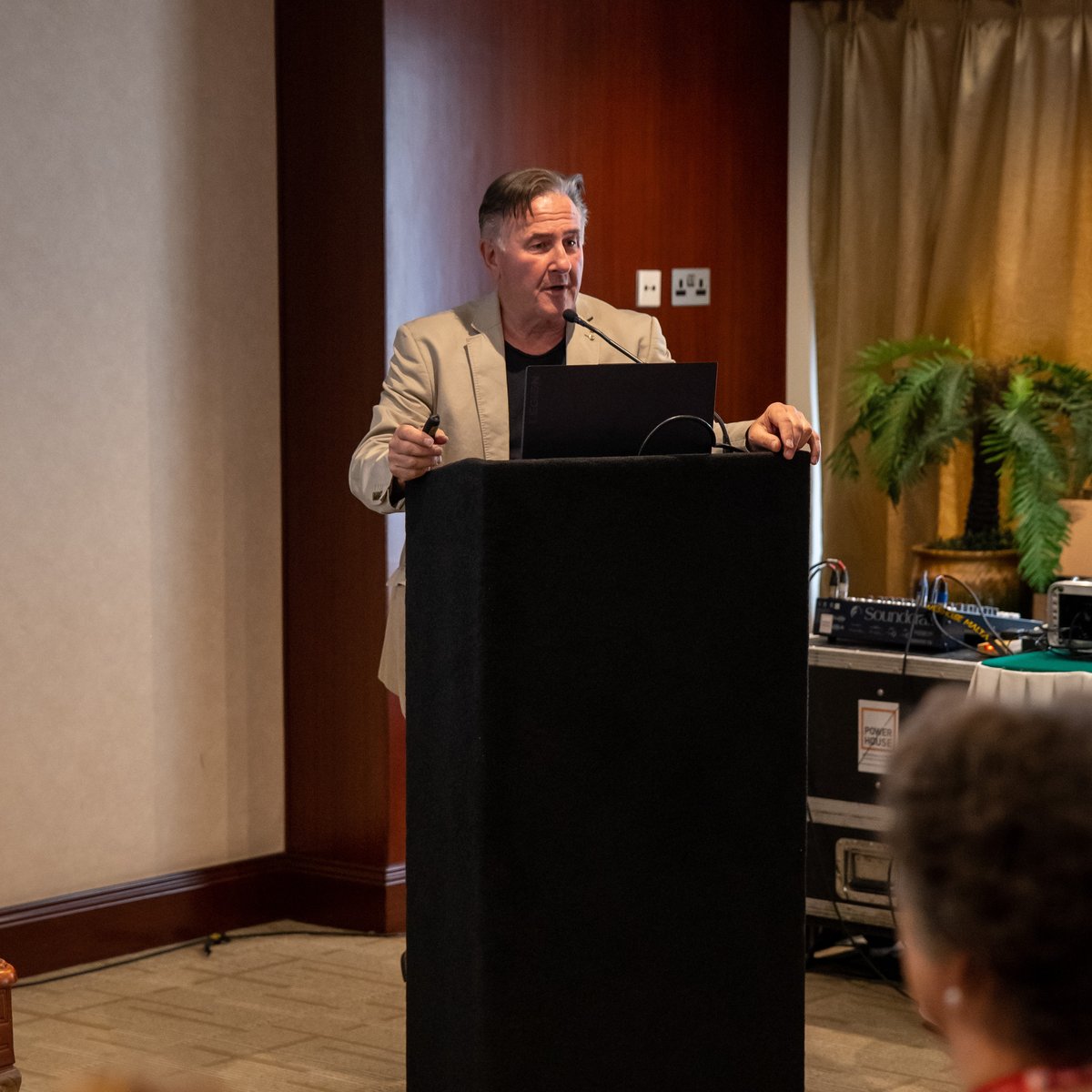
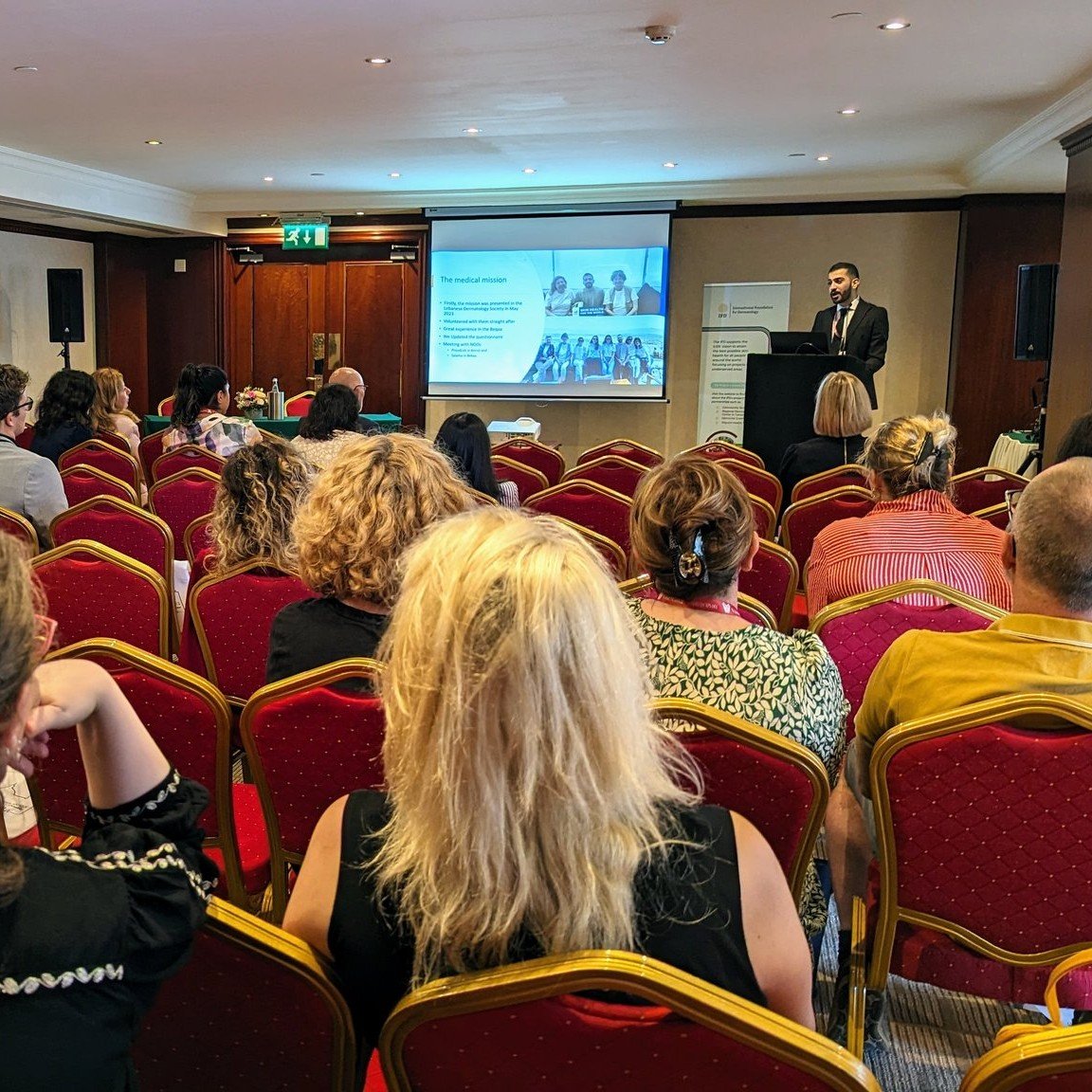
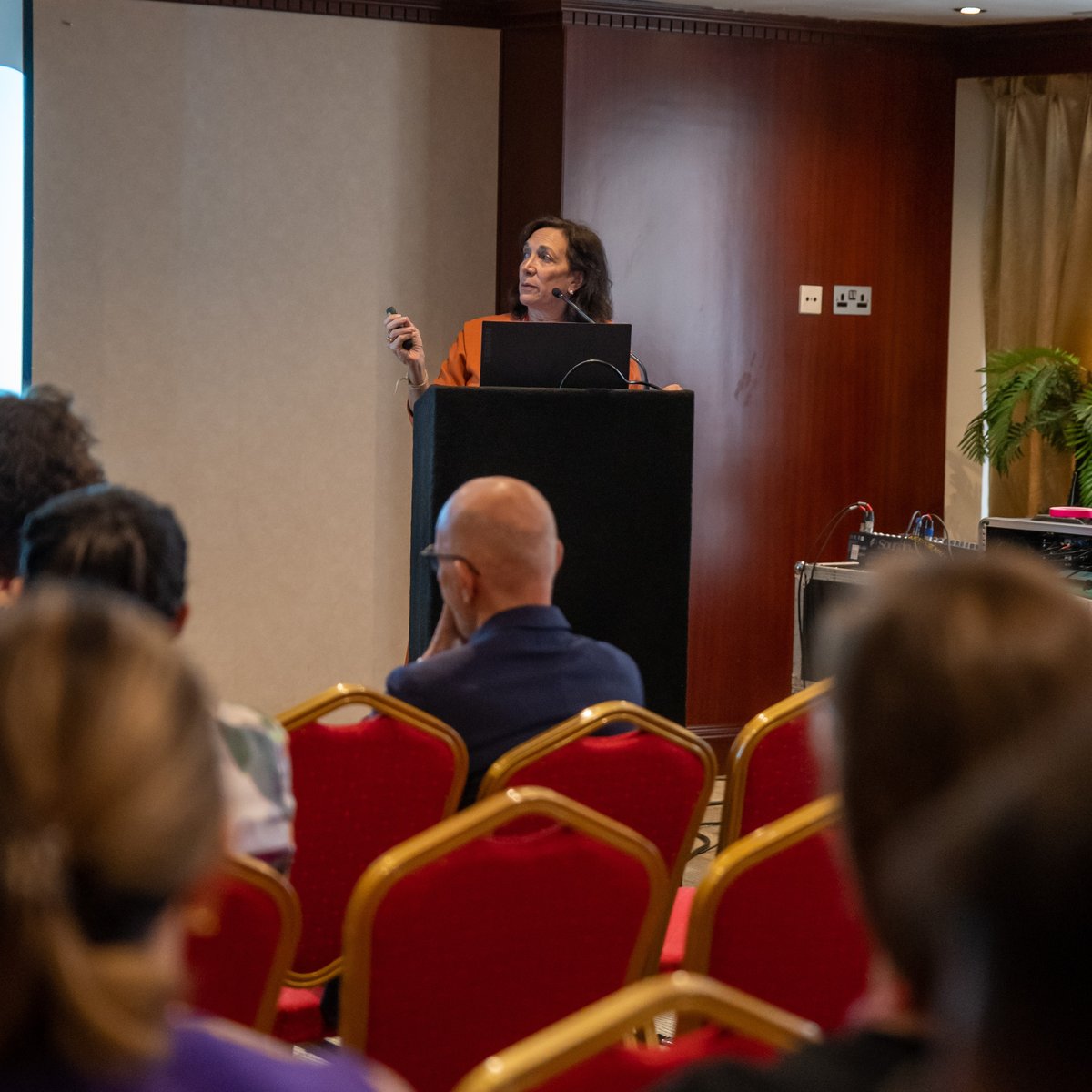
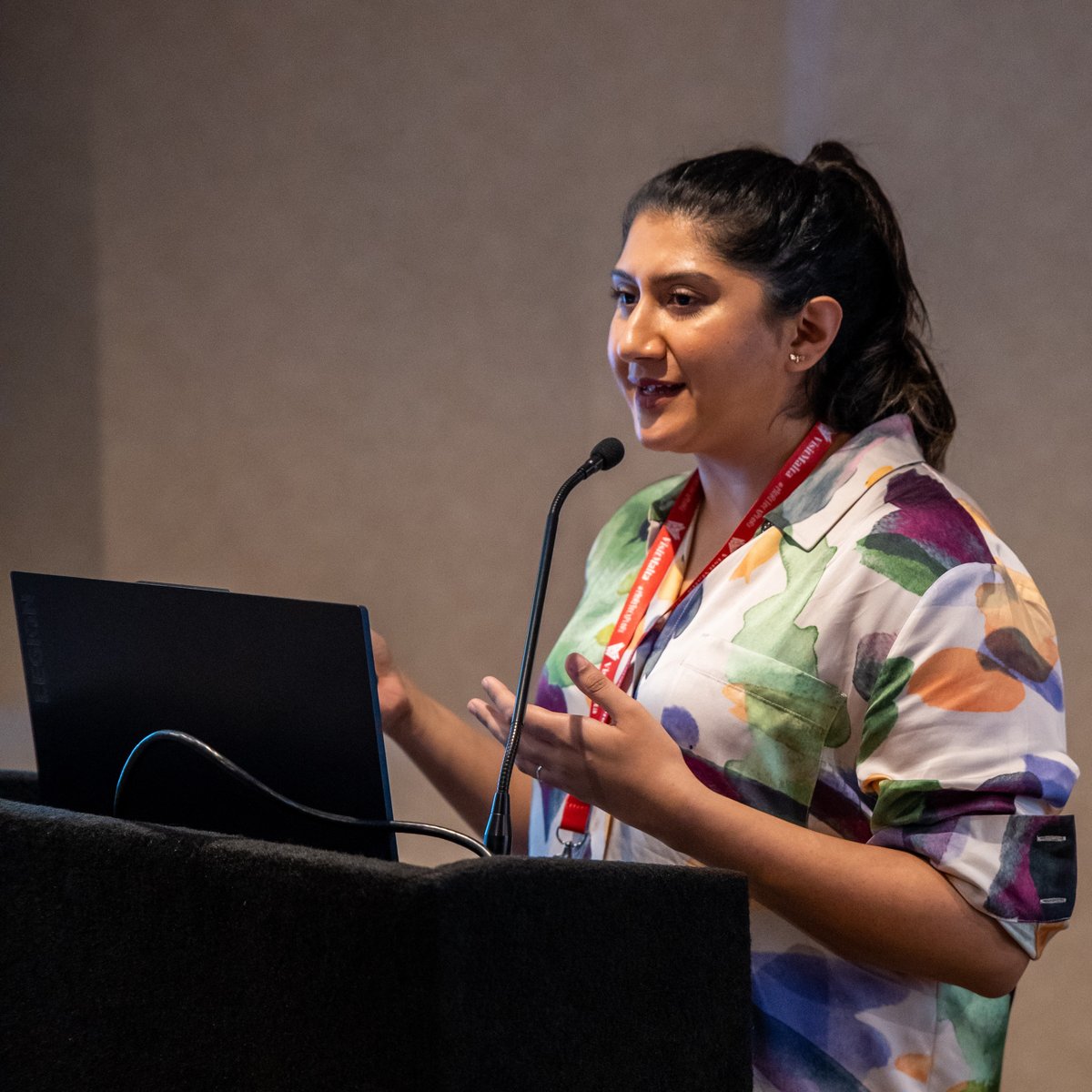
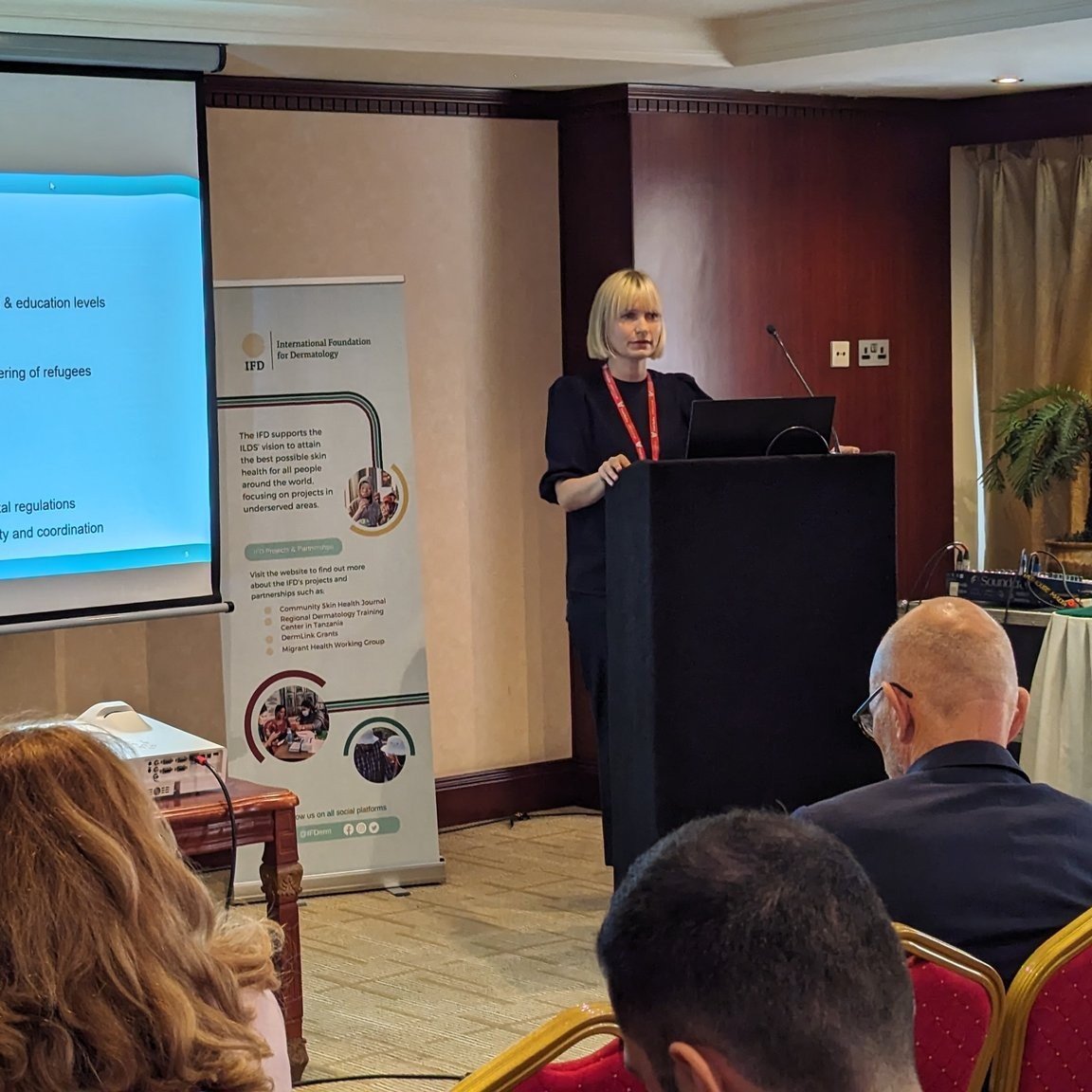
The IFD Migrant Health Dermatology Working Group (MHDWG) Efforts
The MHDWG, led by Dr. Valeska Padovese, has established itself as a pivotal force in addressing migrant health, with broad aims to:
- Advocate for equal access to dermatological care for people on the move
- Study the burden of skin diseases in displaced persons.
- Develop training modules to build the capacity of healthcare providers to properly address skin diseases in camps.
- Set skin health in people on the move as a research priority to create an evidence base for coordinated support efforts.
- Set skin health in migrants and refugees as a priority in the political agenda of governments and UN organisations, including the World Health Organization (WHO)
Field Missions, Publications and Practical Outcomes
The MHDWG has been actively involved in field missions, including visits to Cox's Bazaar in Bangladesh, Malta, Lebanon, and Myanmar, where they have undertaken significant work to assess and address the dermatological and sexual health needs of displaced populations. These missions have been crucial in forming partnerships and setting the groundwork for sustainable health initiatives.
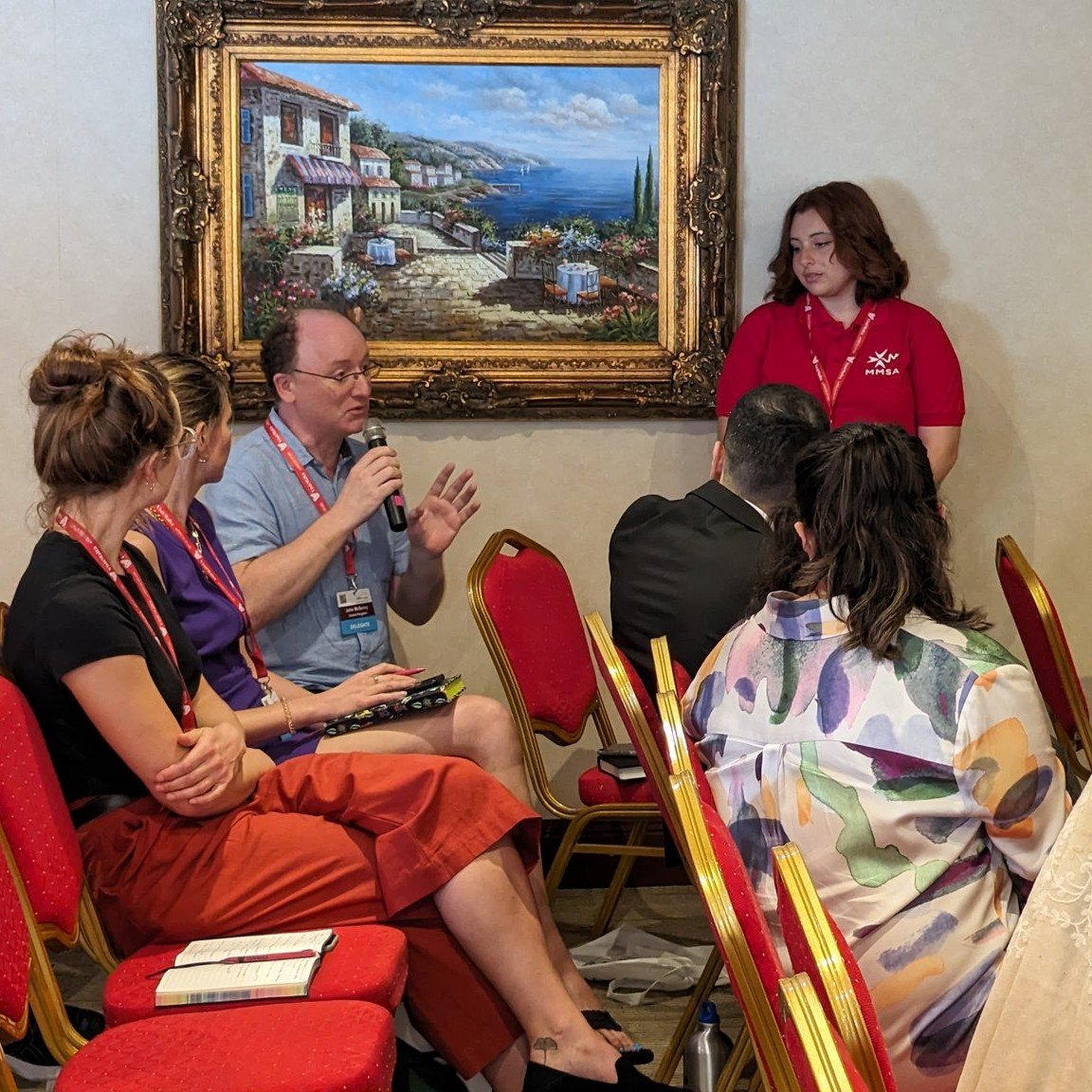
It has also contributed to and participated in various WHO developments, such as the Health and Migration Programme and has been instrumental in disseminating knowledge through publications in peer-reviewed journals. These publications provide valuable insights into the epidemiology of diseases, healthcare practices, and the unique challenges faced by migrants and refugees in different parts of the world.
Looking Ahead: Strengthening Efforts and Collaboration
As the symposium drew to a close, it was clear that a practical, synchronised approach in refugee-hosting countries is essential, particularly to address the health needs of refugees with a focus on women's health, mental health, and infectious diseases. There was a strong consensus on the need to tackle the increasing prevalence of sexually transmitted infections, which are compounded by behavioural factors, accessibility to healthcare, awareness of preventative measures, and enduring HIV-related stigma.
The symposium also stressed the imperative of an inclusive approach that considers the societal and legal obstacles faced by LGBTQ+ individuals and other vulnerable groups. The objective is to foster enhanced collaborative efforts and synchronised responses across nations, aiming to address health disparities holistically.
Building on this theme, Dr Peter Greenhouse shared moving insights from Bosnia's experience, which holds critical lessons for other conflict-affected nations. He underscored the imperative to address sexual violence comprehensively, considering its enduring physical, reproductive, and psychological impacts. Dr Greenhouse called for providing survivors with holistic support—medical, legal, and psychological—and for the crucial role of public education and advocacy in shattering the silence and stigma that often shroud such crimes. He further emphasised the need to strengthen legal frameworks and foster community reconciliation as essential for restoring and healing societies facing similar challenges.
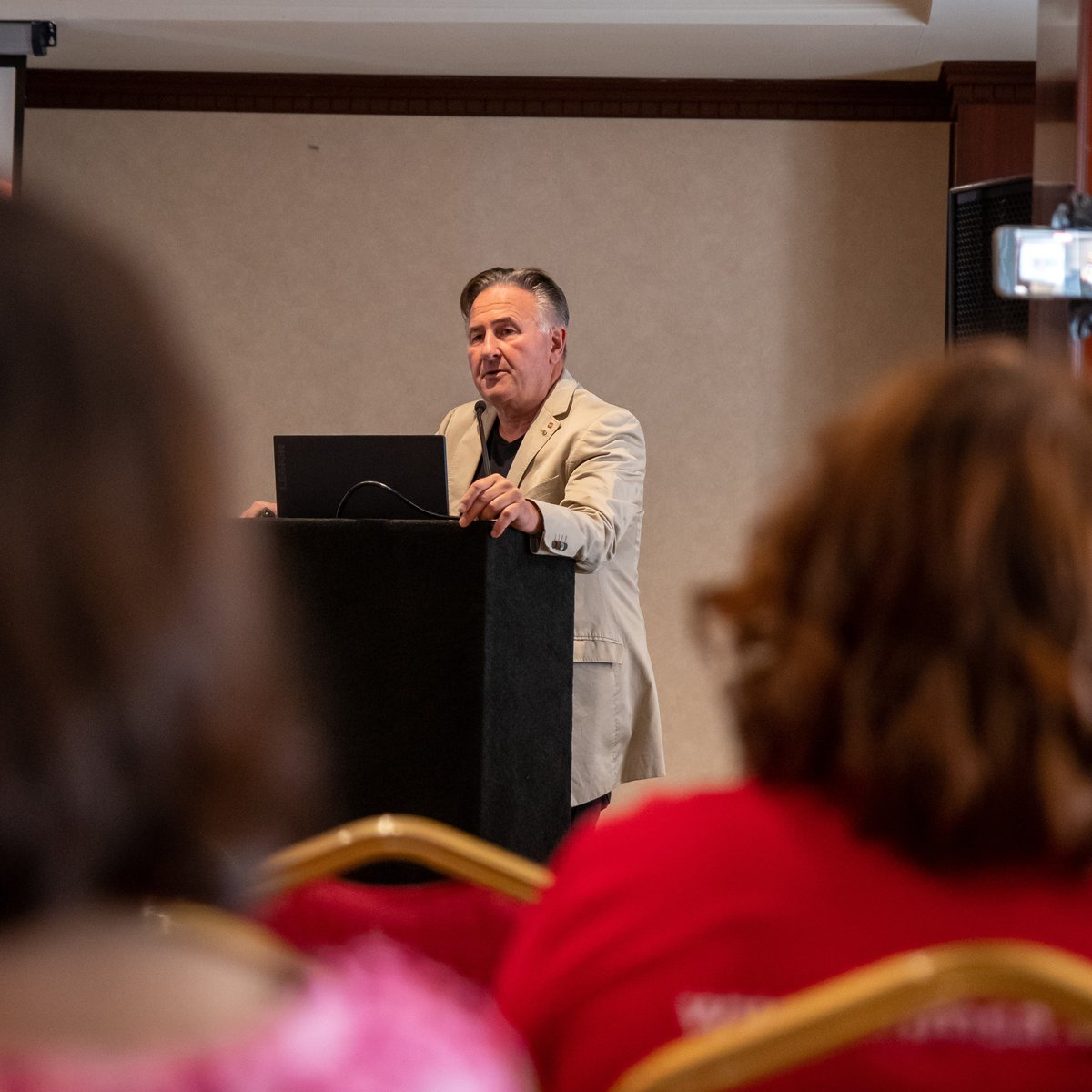
A pivotal moment was Dr Anne Jachmann's presentation, which spotlighted the overlooked mental health aspect among aid workers. She underscored the high levels of psychological stress that can result from the demanding nature of humanitarian aid, often leading to severe conditions such as burnout, depression, or Post Traumatic Stress Disorder (PTSD). She highlighted the critical importance of maintaining the mental well-being of these workers, upon which the provision of effective healthcare for refugees is dependent.
Collectively, the symposium participants acknowledged the importance of integrated support systems, which must cater to the immediate health needs of displaced populations and also extend care to include the welfare of those who serve in such demanding contexts.
Closing Thoughts
The IFD extends its gratitude to all participants whose contributions have enriched the discourse and set a path forward for tangible improvements in the field of migrant health. The ongoing efforts by the IFD and its partners underscore a commitment to ensuring that health care, especially in the context of migration, is recognised as a universal human right.
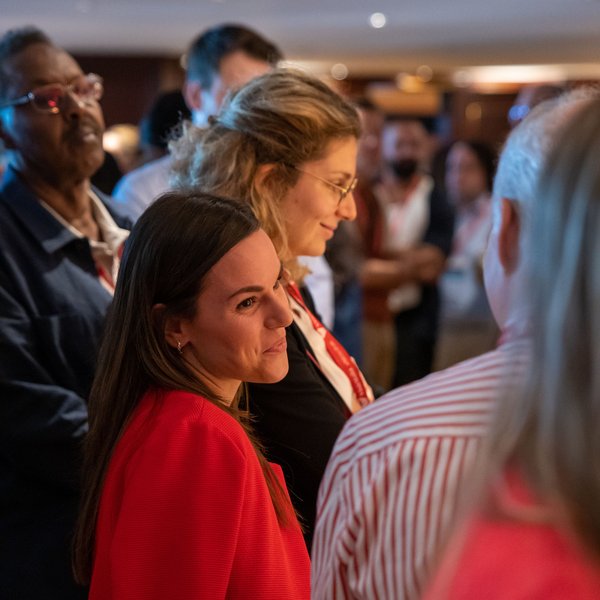
Stay informed
and continue participating in this vital conversation by following @IFDerm on social media. Your engagement is crucial to advancing health care for all, irrespective of borders.
Follow @IFDerm on Social Media